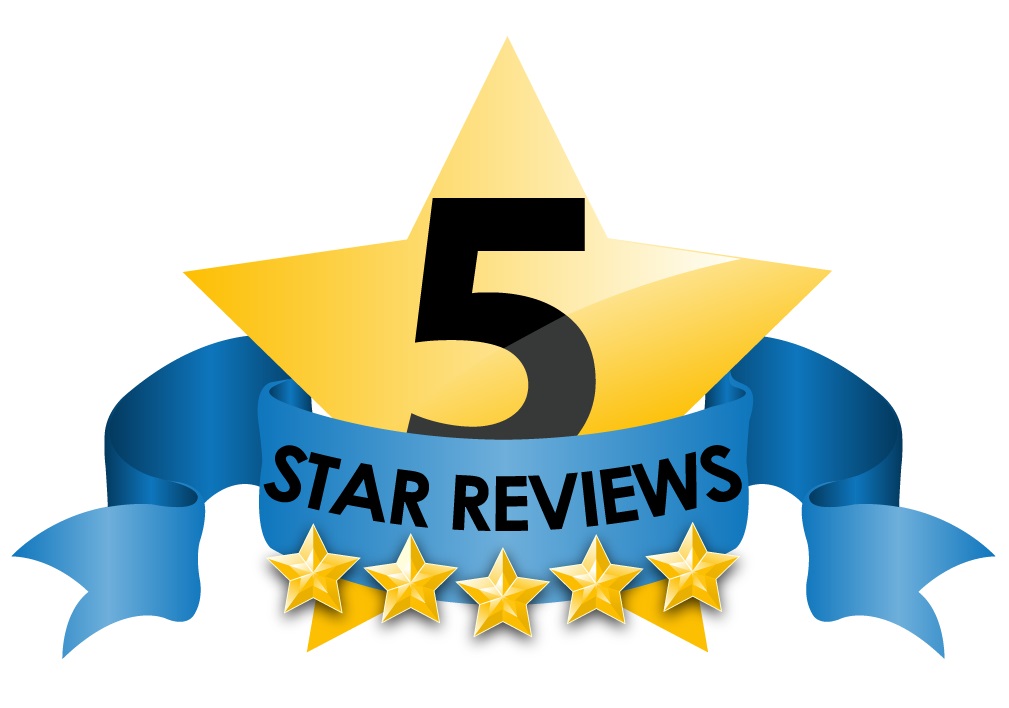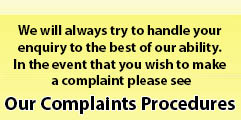The main goal for weight loss is that you need to burn more calories than you take in. The main goal for a budget is to spend less than you take in. This is the main goal and all of the other things that you are going to do or try are there to help you achieve this daily goal.
Some very successful dieting programs use accountability partners and support groups. Getting involved with other people dealing with the same problem gives you a way to talk bluntly about what’s going on and how you can fix it. This is an important step to getting help and controlling your finances.
IT IS OKAY TO TALK ABOUT YOUR PERSONAL FINANCES. Most people think they have to put forth an image of having everything together. The reality is that nobody has it together and most of us never will have it together completely. Having someone you can talk to helps you turn your ideas and needs for your finances into action and reality.
Don’t do crash diets. Most people who do crash diets gain back the weight and quite often, gain back more. The same goes for your finances. If you go on a saving spree where you don’t spend money on anything other than food, you will have problems come up that take all your money away. Like if you don’t do car maintenance because it costs money, you will spend many times more fixing the car after it breaks down completely.
Get a diet that you can live on for the rest of your life. If you can’t be on the diet for the rest of your life, then you won’t. So what makes you think that living on a budget that isn’t real and doesn’t work is a good idea? You have to adjust things to fit into what you are making. People run into problems when they try to live outside their financial diet. If you spend to much, then debt will overcome you and if you spend too little, you run the risk of spending more money because you didn’t take good care of the things you have.
In the same manner that you need to eat the right foods to give your body the proper nutrition, you also need to spend your money in the right areas and ways to make the best use of your budget. It’s hard to lose weight if all you eat are high fat foods. If you are spending most of your money on buying tons of CD’s, well that is just like eating unhealthy foods. Until you establish a habit of eating well and spending well, you are going to be fighting lots of temptations.
Make your diet into a lifestyle. Lots of healthy people don’t think of their daily meals as a diet. That’s because over time it has become a part of their lifestyle and they don’t really have to focus on it that much any more. In a similar manner, a budget is a tool to help you develop control over your finances. After integrating a good, well balanced budget for a long time, you will develop positive financial habits that will set you on the road to an excellent life.
Stress Reduced Budget
Managing money and budgets can be extremely stressful. You hear how it’s the number one thing that couple’s fight over. Well, I can’t guarantee anything, but here are some ideas that can definitely reduce the amount of effort and stress you put into your budget.#1 Put some money in savings first – Have money automatically taken out of your pay and put into savings, also have some money that is automatically taken out on the same day that I get my paycheck for an emergency fund. This way you are investing in yourself and your future first and don’t have to think about it at all. It just happens and knocks one thing to think about out of the picture.
#2 Pay your bills early – If rent is due on the first and you get paid on the 25th. Go pay your rent on the 25th when you have the money so you don’t have to think about it after that. The same goes for your other important bills.
#3 Change your due date – Have your bills set up to either be due at the first of the month or right after the 15th ish. If you get paid every two weeks, why not split your bills up so you don’t have to pay all of them at one time. A majority of the time you can work with companies to change the date your bill is due. So rearranging the timing takes a lot of stress off of you, because you can line things up to work in a much smoother manner.
#4 Don’t make too many categories – Budget bills, petrol, food, and an allowance. The fewer things you budget, the less there is to keep track of. Use your debit card/bank to pay for bills, petrol, and food. I give myself a cash allowance for the week or 2 weeks, whichever you prefer is fine. It sure is easier to keep track of 3 or 4 categories instead of 8 to 10.
#5 Set it and forget it – If you have a good cash flow coming from your job, then you should set up your bills to be paid automatically. Once you line up your bills and get a decent cash flow working, having things done automatically for you takes a ton of weight off your shoulders.
#6 Don’t over stretch yourself – If you can’t afford something, then don’t buy it. use your allowance to save up for it. Easy as cake and it makes you question if you really want something
#7 A little note on the emergency fund – Have my emergency fund split into two categories. The actual emergency fund and a second fund for out of budget items, like for instance the car breaks down and it costs £500 to fix. If you know things like that can and will happen, go ahead and start saving for it now, so when it happens you can deal with it and knock out a lot of stress. The first fund, the real emergency fund, save that one for a real emergency such as job loss or something really bad.
Just you remember that you can move things to your advantage in the world. There really are no set ways of right and wrong to live your life, these just happen to be things that could be useful and make living more enjoyable.
|
|
Unsecured Personal Loans |
THINK CAREFULLY BEFORE SECURING OTHER DEBTS AGAINST
YOUR HOME. |
Late repayment can cause you serious money problems. For help, go to moneyhelper.org.uk
Established In 1988. Company Registration Number 2316399. Authorised & Regulated By The Financial Conduct Authority (FCA). Firm Reference Number 302981. Mortgages & Homeowner Secured Loans Are Secured On Your Home. We Advice Upon & Arrange Mortgages & Loans. We Are Not A Lender.
First Choice Finance is a trading style of First Choice Funding Limited of 54, Wybersley Road, High Lane, Stockport, SK6 8HB. Copyright protected.

 Every Quote Is Free & Confidential
Every Quote Is Free & Confidential 





